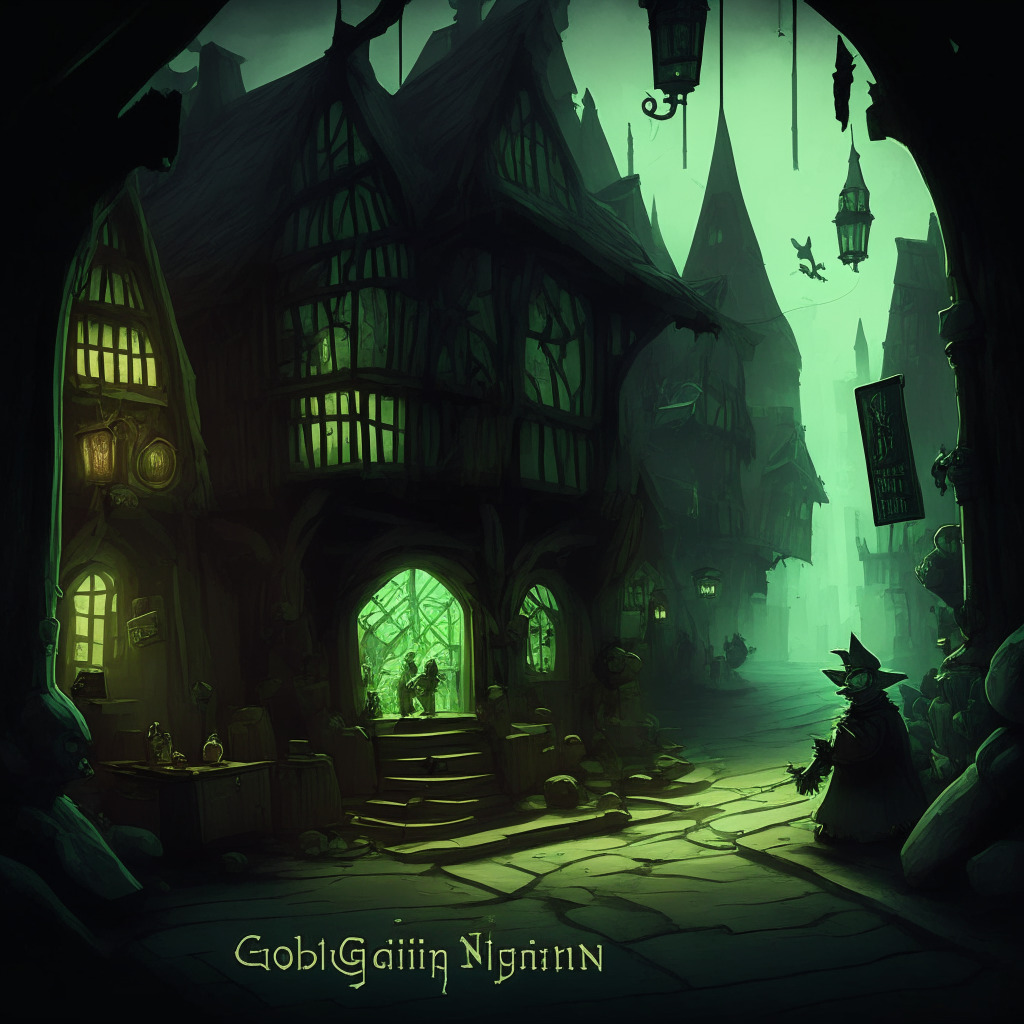In a move that aims to revolutionize neighborhood living, Cabin, the digital-native coliving city project, recently announced the launch of its first-ever network city. This global alliance of self-governing neighborhoods is designed for remote workers and creators with a love for nature, and it’s all made possible through blockchain-powered membership.
So, what makes these neighborhoods stand out from traditional ones? For starters, they are more affordable and accessible, according to Cabin’s project team. The initiative aims to integrate cabins or cottages in close-knit communities, a concept believed by Cabin’s founder, Jonathan Hillis, to be an efficient way to unleash the “fountain of human creativity.”
Hillis argues that modern cities often restrain and muffle human creativity and intends to offer an alternative to the loneliness found in car-centric suburban and single-family homes. His vision revolves around the idea of groups of cabins in the woods where like-minded digital nomads and their friends can gather to live and work together.
However, there are certain requirements one must meet in order to become a resident of Cabin’s network city. Prospective citizens need a subscription membership, known as “Citizenship,” which grants access to the cabins. This subscription also includes access to global properties, year-round coliving options, and exclusive experiences. Nonetheless, becoming a citizen is not as simple as purchasing a subscription; one must first be vouched for by an existing citizen.
The innovative concept of Cabin’s network city can be likened to a social DAO, with its members holding crypto assets in the form of “Citizenship” NFTs. Citizens can contribute to neighborhood composition and treasury management through votes powered by Cabin’s governance token, CABIN. Each Cabin neighborhood is uniquely owned, and while they all share the same ideology, the rules and regulations guiding them may differ depending on their caretaker.
For a property to become a neighborhood, it must receive at least 1000 CABIN token votes from its citizens. Hillis also explains that the voting is part of what he calls “polycentric governance”, claiming that Cabin’s “governance games” differ from other DAOs, which can sometimes be messy and ineffective. Membership in these neighborhoods is tracked through blockchains and tokens, with the CABIN token acting as a marker of legitimacy in the community.
It remains to be seen whether this new form of coliving will resonate with digital nomads seeking citizenship in Cabin’s network city. However, the concept of merging blockchain technology and eco-friendly living spaces offers an intriguing twist on traditional neighborhood living, which could spark interest for many.
Source: Cryptonews




